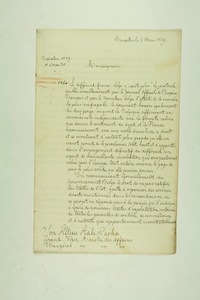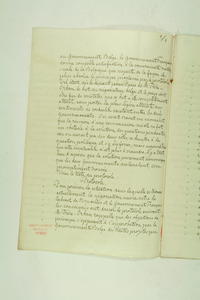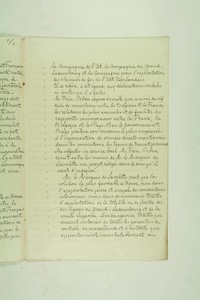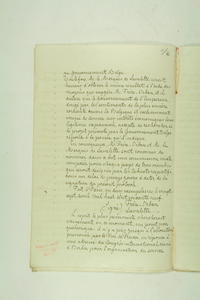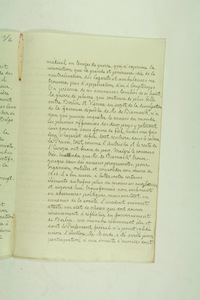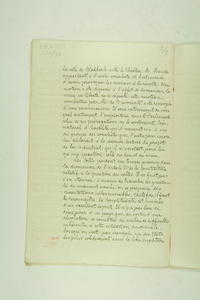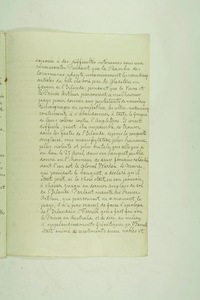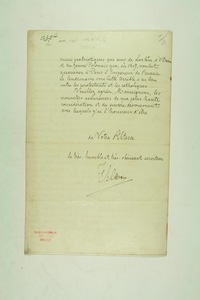Ottoman Diplomats
Letters from the Imperial Legation in Brussels (1849–1914)
Synopsis
The official French and Belgian protocol irrefutably attested that the railroad dispute between Belgium and France was over, and both countries kept their honour: Belgium did because it could affirm its independence, and France did because it acknowledged Belgium’s national sovereignty. had reached his goal. Glavany notes that the country should be proud that Prime Minister Frère-Orban’s goal had been reached completely, without this having led to an attack of the cordiality between the two countries. He then quotes the text of the protocol. About Prussia and Austria, Glavany mentions that the polemic continued (about Bismarck’s note from 1866), but that this was not alarming. Europe needed peace after all. Glavany continues, however, by describing an incident that should encourage the government in Berlin to think: a new socialist MP (Mende) was said to have provoked a revolt of the workmen. Glavany is curious to know how the German parliament would react to this. He then writes about the British House of Commons that passed the bill abolishing state religion. In the meantime, Queen Victoria and Prince Arthur crossed Ireland to express their sympathy for the Protestants. It was a difficult situation, however, as Glavany shows by describing a violent incident.
Facsimiles
How to cite
If you use this website for your own research, we kindly ask you to mention the following reference in your publications:
Consulted online at Ottoman Diplomats: Letters From the Imperial Legation in Brussels (1849–1914) (2014 Edition), Centre for Political History (PoHis), University of Antwerp, <http://dighum.uantwerpen.be/ottomandiplomats/>.
